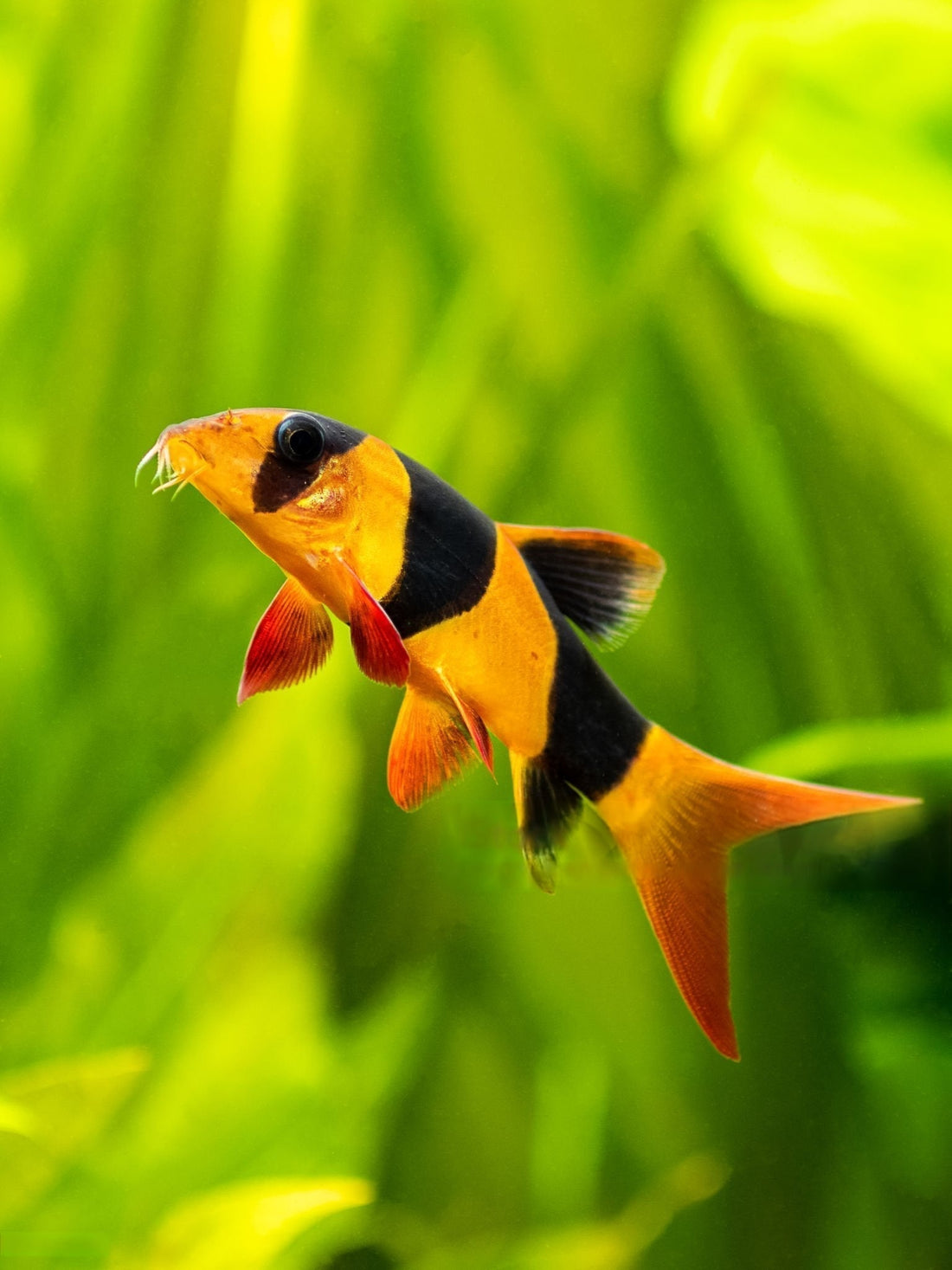
Best Fish Food For Loaches
Fish food for loaches is considered an essential factor in the general health, growth, and vibrant appearance of the fish. Loaches are bottom dwelling fish, with very energetic play habits. To maintain this, there is a need to feed them quality food that meets the nutritional needs of the fish. Below is a guide on the best fish food for loaches, feeding frequency, and other essential tips on maintaining their health.
Understanding Loaches’ Dietary Needs
Loaches are omnivorous. So they consume both plant and animal-based foods. Fish food for loaches consists of a variety of live, frozen, and pellets based options. Loaches mainly eat small insects, crustaceans, biofilm, and some plant material, so it’s essential to replicate this diet.
Sinking Pellets and Wafers
Loaches are bottom-dwellers. Sinking pellets and algae wafers is a good choice. This food will supply the necessary nutrients while ensuring the loaches receive their share without competing with the surface-feeding fish.
Algae based Fish Food: This will help balance their diet and aids digestion
How Often Should You Feed Loaches?
Feeding loaches the right amount of food is just as important as choosing the right diet. Here are some key feeding guidelines:
Young Loaches: Feed young loaches twice a day with a mix of protein and plant-based food.
Adult Loaches: Adults must be fed once or twice a day to ensure variety in their diet.
Night Feeders: Most loaches are nocturnal, so you can feed them in the evening.
Avoid overfeeding, as uneaten food can sink to the bottom and cause water pollution. Always remove any leftovers after feeding.
Choosing the Right Fish Food For Loaches Based on Species
Different species of loaches have slightly varying dietary preferences:
Clown Loaches- They enjoy a mix of sinking pellets, live food, and occasional vegetables.
Kuhli Loaches- These prefer small, mushy foods like bloodworms and micro pellets.
Yo-Yo Loaches- They should be fed protein-rich diets supplemented with a mixture of plant-based food.
Ensuring that your loaches receive species-appropriate food will keep them active and healthy.
What is the best Fish Food For Loaches?
The quality of fish food provided for the loaches is very important, as sinking pellets of high quality, will make them healthy and full of energy. Feed them at appropriate times and vary their diet to keep up with their nutritional needs. With such tips, your loaches will thrive in a well-balanced and nutritious environment.
At Intan, we are here to provide you with premium fish feed. Our feed is tailored to meet the specific needs of each species. Every feed can spark positive change and create a future promoting quality, resilience, and well-being. We aim to serve the needs of hobbyists and breeders for the best quality of each species’ unique requirements. To know more about us, check out our Instagram page or find us at our nearest out spot.
We are not just a brand; we are stewards of the underwater world. We believe in the well-being of our friends and their mental health. Understanding and addressing the stressors that affect fish is not just a concept for us, it's a commitment. Through our dedication to research and innovative products, we aim to ensure that fish everywhere can lead happier, healthier lives.
